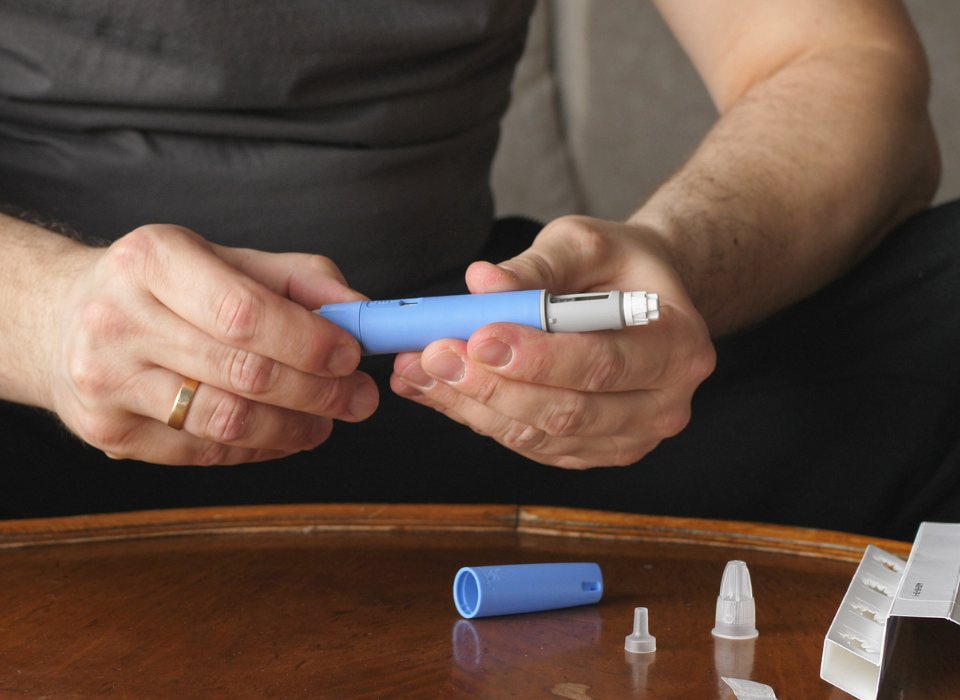
Shattered Ceilings and Unbalanced Homes: Why do women get asked “How do you juggle it all?”
December 4, 2023
Navigating the Complex World of Mental Health Therapy: Why Many Therapists Don’t Accept Insurance
December 19, 2023By Keeley Seymour, LCSW, CEDS
3 min read

The holiday season, while often associated with joy and celebration, can pose unique challenges for many, including those on the journey of eating disorder recovery. Navigating social gatherings, festive meals, and the emphasis on indulgence can be triggering for individuals with a history of disordered eating.
However, it’s crucial to recognize that eating disorder recovery is a highly individualized process, and what works best for you may not be the same as what works for another.
Eating disorders manifest in various forms and with a range of symptoms. They are generally caused by biological, environmental and psychological factors.
Unique experiences, triggers, and coping mechanisms shape each person’s recovery journey. It’s essential to acknowledge that recovery is not a linear path; setbacks may occur, but they don’t negate progress.
Tips for Managing Recovery During the Holidays
1. Communication is Key
Openly communicate with friends and family about your needs and boundaries during holiday gatherings. Educate them about your recovery journey to foster understanding and support. Setting limits around conversation topics at the party or dinner table is also OK.
2. Plan Ahead
Anticipate challenging situations and plan strategies to cope with them. This might include having a support person, setting time limits for social events, or identifying safe spaces to retreat if needed.
3. Mindful Eating
Practice mindful eating during holiday meals. Pay attention to hunger and fullness cues, savor each bite, and focus on the social aspects of the gathering rather than fixating on the food.
Sometimes, holiday gatherings create anxiety about the amount of food served. Remember to eat regularly throughout the day and nourish yourself despite how much food is served or consumed at the gathering.
4. Build a Support System
Surround yourself with a supportive network, whether it be friends, family, or a therapist. Having people who understand your journey can encourage and help you navigate challenges.
5. Self-Compassion
Be kind to yourself. Recovery is a process, and setbacks don’t define your progress. If you find the holidays challenging, practice self-compassion and acknowledge the effort you put into your recovery.
6. Use coping skills
Engage in activities that promote well-being, such as gentle exercise, meditation, art, or journaling. Practicing coping skills throughout the holidays can help you stay grounded.
7. Limit Social Media Use
Limit the amount of time you spend on social media over the holidays. Oftentimes, people post the highlights of their lives and do not share the struggles, which can impact how you view yourself if you are having a challenging time. Spend time with more authentic connections that can show vulnerability as well.
8. Professional Support
If you have a therapist or counselor, maintain regular contact during the holiday season. Discuss any concerns, triggers, or challenges you anticipate, and work together to develop coping strategies.
The National Alliance for Eating Disorders is also always a good resource. They have a free therapist-led hotline to help connect those needing care. They also have free weekly therapist-led support groups, which allow community members to receive support and connect with others who have walked similar paths.
Managing eating disorder recovery during the holidays is a nuanced process that requires reflection, communication, and personalized strategies. Recognizing that recovery looks different for everyone is essential, as it allows individuals to tailor their approach to their unique needs and circumstances.
By incorporating these tips and embracing a flexible mindset, individuals can navigate the holiday season while prioritizing their well-being and sustaining their progress in eating disorder recovery. Also, as a reminder, if you are struggling, we see you and are not alone.
_________________________________________________________________________________
Looking for treatment for an eating disorder, anxiety, depression, trauma, or postpartum mood disorder?
Evolve Counseling Services is a specialized team of Licensed Therapists providing treatment in Paoli.



